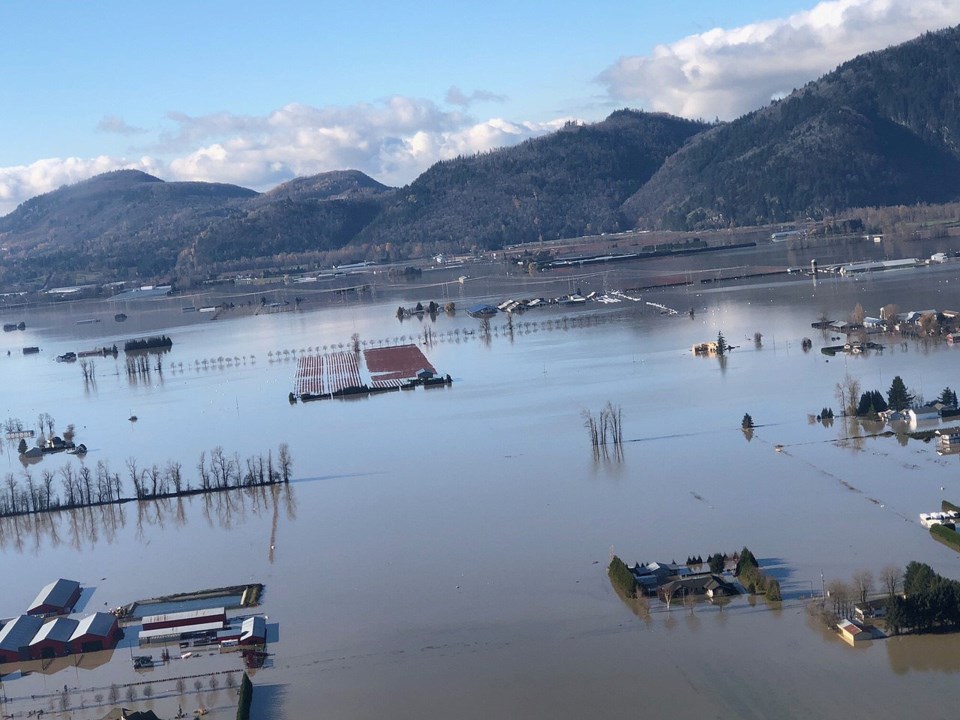Rational decisions are premised on knowing all the facts and using the facts to then make a choice between alternatives. Except we rarely have all the facts.
Or as then U.S. Secretary of Defense Donald Rumsfeld put it in 2002: “There are known unknowns; that is to say we know there are some things we do not know. But there are also unknown unknowns – the ones we don’t know we don’t know.”
Scientific reasoning and research is intent on both discovering the unknown unknowns and moving them to at least the first category of things we know that we do not know, if not into the category of things for which we have an answer.
But science takes a long time.
It depends on getting data from observations which, in the case of the environment, can span years or even decades. And as our understanding of electronics has grown, the sophistication of instrumentation has also changed so that we can now measure things with both greater precision and at lower levels than ever before.
All of this means we rarely have a complete picture and often don’t know what we don’t know until we actually make the measurements and analyze the results. Even then, there are things we still won’t know.
With respect to climate change, scientists have resorted to building models with the best data we have available based on the latest observations. These data sets are widely distributed and freely available thanks to public funding.
But the data will never be complete, and the scientists carrying out this work know this. As a consequence, they apply confidence levels to their results. They run their models over and over getting slightly different results. They use new data sets to test their analysis and ensure they provide good predictions.
When we have a rainstorm event in the southern part of the province or a heat dome over the west coast, these are weather events which the models predict will occur with increasing frequency because of the changes in the Earth’s atmosphere brought about by increasing levels of carbon dioxide.
But can we predict when these events will occur? Not yet. We don’t have enough data. We just know they will occur and have deadly consequences.
- Todd Whitcombe is a UNBC professor of chemistry.



